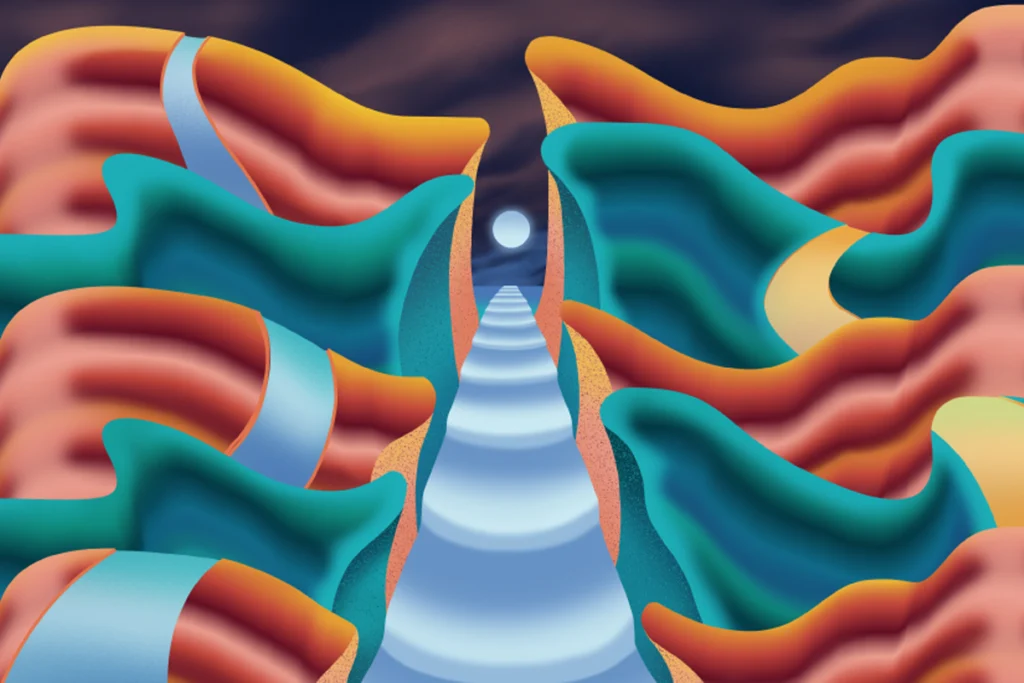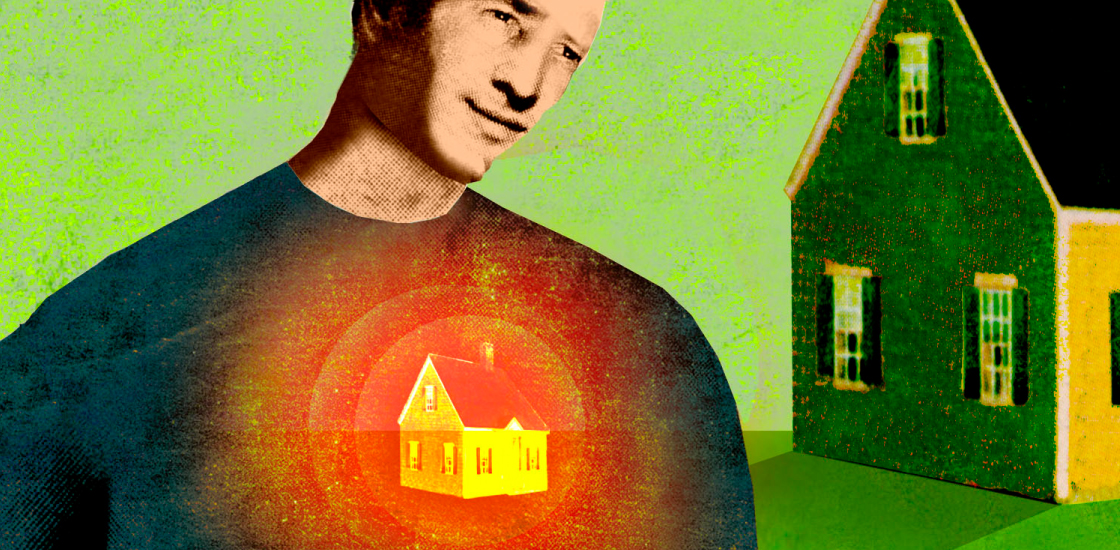Amy S.F. Lutz is a historian of medicine at the University of Pennsylvania in Philadelphia, vice president of the National Council on Severe Autism and the parent of a profoundly autistic son, Jonah, 24. She has written about profound autism for many platforms, including The Atlantic, Psychology Today, Spectrum and Slate. Her most recent book is “Chasing the Intact Mind: How the Severely Autistic and Intellectually Disabled Were Excluded From the Debates That Affect Them Most” (2023). She is also the author of “We Walk: Life With Severe Autism” (2020) and “Each Day I Like It Better: Autism, ECT, and the Treatment of Our Most Impaired Children” (2014). She lives outside of Philadelphia with her husband and whichever of her five children happen to be home at the time.

Amy S.F. Lutz
Writer
From this contributor
Building bridges: Collaboration across the autism community
An autistic person and the mother of an autistic child explore partnership in the autism community.

Building bridges: Collaboration across the autism community
Adults with disabilities deserve right to choose where to live
The idea that one residential model is appropriate for the entire spectrum of intellectual and developmental disability is patently absurd.

Adults with disabilities deserve right to choose where to live
Explore more from The Transmitter
Neuro’s ark: Spying on the secret sensory world of ticks
Carola Städele, a self-proclaimed “tick magnet,” studies the arachnids’ sensory neurobiology—in other words, how these tiny parasites zero in on their next meal.

Neuro’s ark: Spying on the secret sensory world of ticks
Carola Städele, a self-proclaimed “tick magnet,” studies the arachnids’ sensory neurobiology—in other words, how these tiny parasites zero in on their next meal.
Autism in old age, and more
Here is a roundup of autism-related news and research spotted around the web for the week of 2 March.

Autism in old age, and more
Here is a roundup of autism-related news and research spotted around the web for the week of 2 March.
Lack of reviewers threatens robustness of neuroscience literature
Simple math suggests that small groups of scientists can significantly bias peer review.

Lack of reviewers threatens robustness of neuroscience literature
Simple math suggests that small groups of scientists can significantly bias peer review.